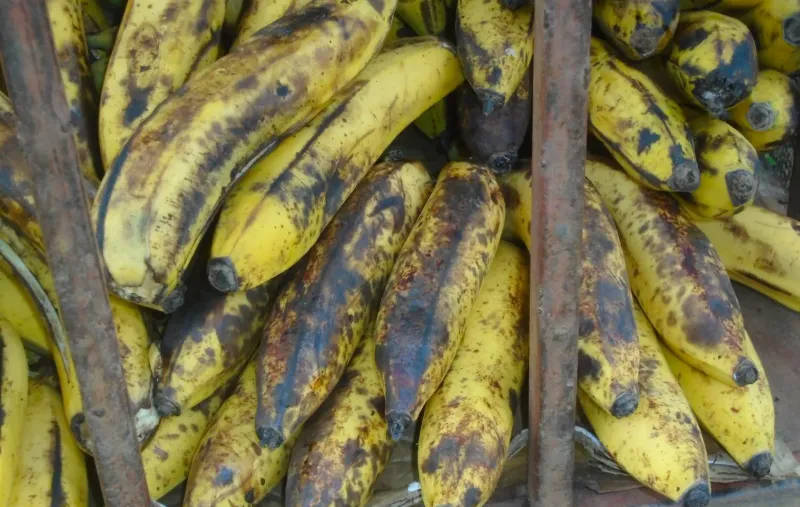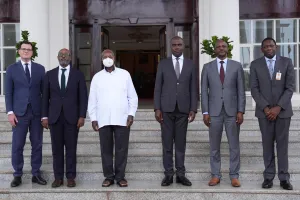
City authorities in Kampala could greatly curb the large amounts of food lost in fresh produce markets by enforcing basic quality standards, according to new research findings.
The African Cities Research Consortium (ACRC) at Makerere University, working with the NGO Center for Health and Social Economic Improvement (CHASE-i), carried out a survey in Nakawa Market and 24 privately run markets in Kalerwe. Their assessment revealed that many traders are unintentionally losing as much as ten percent of what they purchase each day.
Dorcus Kabahenda Maloba, Executive Director of CHASE-i and the project’s lead researcher, said the team evaluated 100 vendors in each market, focusing on tubers especially Irish and sweet potatoes as well as various fruits and vegetables. “We did a comprehensive assessment of the losses along the supply chain and found vendors not only losing up to ten percent of their total daily purchases but also unaware of value addition options that could save them from such losses,” Kabahenda noted.
Researchers also examined community practices to understand why food wastage remains high even in areas where produce is grown and traded. Kabahenda pointed to weaknesses in sorting and storage as major contributors.
During a meeting held to validate the study results, Dr. Iddi Ramathani, a Senior Researcher with NARO’s Horticulture and Oil Palm Programme, attributed much of the problem to inadequate knowledge. While farming and harvesting guidelines are available, he said many farmers are misinformed by intermediaries about proper handling, particularly regarding pesticide use. “They don’t follow the recommended spraying schedule and apply too much pesticide at the packaging level, believing it will make the produce last longer,” he explained. Dr. Ramathani added that most market facilities are poorly designed for the storage of perishable foods, leading to unnecessary spoilage despite the existence of technologies that could prolong freshness.
Ketra Nakayenga, Principal Officer for Quality Assurance and Standardization at the Ministry of Trade, acknowledged that enforcement of quality standards in domestic markets is still limited. “Market authorities are supposed to ensure produce comes in proper condition, but it continues arriving unsorted and with excessive pesticide residues,” Nakayenga said.
Uganda does not yet have accurate statistics on national food loss, but Nakayenga observed that globally, one-third of all food produced is wasted, creating an economic loss of about $940 billion. She noted that government initiatives such as installing refrigerated, common-use storage units at border markets like Bunagana and Mpondwe have the potential to reduce spoilage if utilized effectively.
ACRC’s Community Knowledge Lead, Idris Lubega, emphasized that stricter oversight within local markets would make a significant difference. “If market authorities put in place controls rejecting produce that does not meet a standard, farmers will be more cautious. Applying standards similar to export produce would significantly reduce food loss and wastage,” he said.
URN













The Sunrise Editor
Leave a Comment
Your email address will not be published.